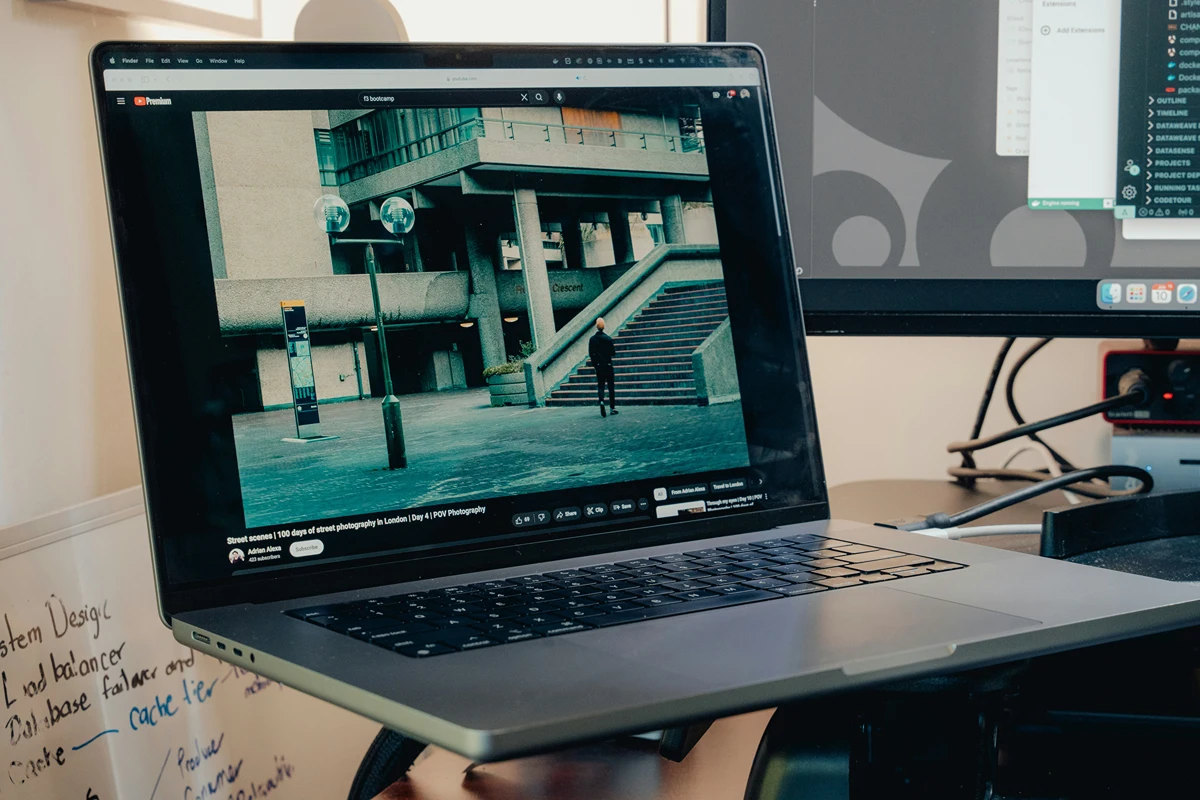Zombie Scrolling vs. Doomscrolling: Know the Difference & Stop Both
Have you ever looked up from your phone and thought, “Wait… how did 25 minutes disappear?” Sometimes that blank, glazed thumb-flick is zombie scrolling. However, when you’re locked in a compulsive news feed spiral, hunting for the next upsetting update, that’s called doomscrolling.. Understanding the difference between the two helps you choose the right fix.
In this guide we’ll break down zombie scrolling vs doomscrolling so you can spot each pattern fast and target your resets.
Zombie Scrolling vs Doomscrolling: Quick Definitions
Doomscrolling = Repeatedly consuming negative or threatening news from an algorithmic, compulsive news –often to feel “prepared,” yet leaving you even more anxious, tense, or hopeless.
Zombie scrolling = The passive, low -intent, mindless scrolling of any feed (whether social, shop, short-form video) while mentally checked out. When you zombie scroll you’re not seeking info, but rather you’re numbing, distracting, or just following dopamine crumbs.
The key difference: Doomscrolling is a content-specific, emotionally charged activity or compulsion. Scrolling is a platform neutral dissociative drift. Both burn time, drain mood, and erode attention.
Quick Self-Check
- After scrolling, do you feel worse about the world or your safety? → Doomscrolling signal.
- After scrolling, do you barely remember what you saw–just that time vanished? → Zombie scrolling signal.
If both of these ring true, you’re experiencing a combined loop and should treat both.
Ways to Reset the Cycle
- Name the session. Before you open an app, say out loud (or type): “Checking messages for 3 minutes.” Naming creates intention, and intention cuts autopilot.
- Friction beats willpower. Move high-risk apps off your home screen, log out nightly, and switch your phone to grayscale after 9pm to make scrolling less desirable.
- Swap scrolling with sensation. When the urge hits – pause, stand, stretch, breathe for five slow counts, then decide whether to continue.
- Curate and contain news. Pick 1–2 trusted sources; read them in a browser window rather than an infinite feed. As well, schedule a single daily news window.
Quadrant-Specific Mini Plans
If You’re Overwhelmed (High Motivation / Low Confidence)
- Have one protected meal: Keep the phone in a drawer; replace zombie scrolling with 15 minutes of full presence.
- Morning no-scroll buffer: No feeds until after your morning routine or meal.
- Value-anchor: Write your purpose of why cutting scrolling matters (sleep, kids, creativity) and pin it to lock your screen.
If You’re Stuck (Low Motivation / Low Confidence)
- Trigger tally: For two days, note when and why you open feeds. Awareness precedes change.
- Out-of-reach rule: Park your phone across the room while working or watching TV.
- Tiny trade: Replace the first 60 seconds of a zombie scroll with a body reset: inhale, exhale, shoulder rolls, sip water andthen choose.
Next Small Step
Feel ready for personalized nudges? Take the free Offline Pivot Quiz to see which quadrant you’re in and receive bite-sized habit builders and negative behavior breakers. Our chatbot can coach you through the first week.
References
- Satici, S. A., Gocet Tekin, E., Deniz, M. E., & Satici, B. (2023). Doomscrolling scale: Its association with personality traits, psychological distress, social media use, and well-being. Applied Research in Quality of Life, 18(2), 833–847.
- Sharma, B., Lee, S. S., & Johnson, B. K. (2022). The dark at the end of the tunnel: Doomscrolling on social media newsfeeds. Technology, Mind, and Behavior, 3(1), 1–13.
- Blacha, S., Anderson, I. A., & Mar, R. A. (2024). Tension in attention: Hypervigilance helps explain why marginalization leads to doomscrolling. Psychology of Popular Media. Advance online publication.
- Yousef, A. M. F., Alshamy, A., Tlili, A., & Metwally, A. H. S. (2025). Demystifying the new dilemma of brain rot in the digital era: A review. Brain Sciences, 15(3), 283.
- Aygar, B. B., Kurt, A. A., & Akbay, S. E. (2025). Social media addiction among university students: The predictive roles of fear of missing out, cognitive emotion regulation, and life satisfaction. Çukurova Üniversitesi Eğitim Fakültesi Dergisi, 54(1), 252–262.*
- Shabahang, R., & Weber, R. (2025). How should we approach negative news in the media? A mindful and harmonious consumption of negative news might be an answer. Frontiers in Psychology, 16, 1606604.
- Marx, J., Mirbabaie, M., & Turel, O. (2025). Digital detox: A theoretical framework and future research directions for information systems. Information & Management, 62, 104068.
*Disclaimer: Offline.now offers educational coaching tips, not medical or therapeutic advice; please consult a qualified health professional for personal, clinical or health concerns.*




